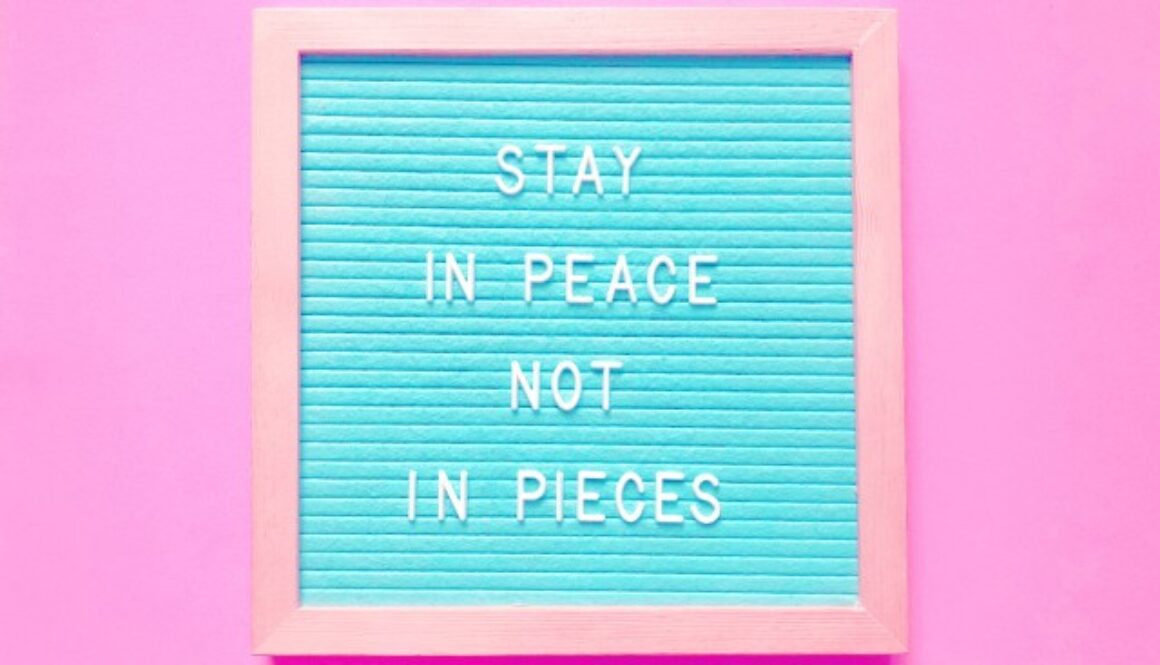Handling Gaslighting
The term “gaslighting” refers to the manipulation of someone, by psychological means, into questioning their own reality, perception, or sanity. The term originated from the 1938 play (and 1944 film adaptation) Gaslight, where the protagonist’s husband slowly manipulates her into believing she’s going mad.
Gaslighting usually takes place in relationships and social interactions where there is a power imbalance. A person experiencing gaslighting may become confused, withdrawn, or anxious and they may not realize the behavior is abusive.
Here are a few tips for responding and restoring a sense of peace and control.
Focus on the truth
It’s easy to feel distressed and overwhelmed when you’re being gaslit, but remaining calm can help you remember what actually happened, reassuring you that you’re not crazy. Focusing on the truth can help boost your confidence and make it easier to handle the gaslighting going forward.
Take a break
If you are feeling overwhelmed, take a break from the conversation and revisit it later when you feel more calm.
Go for a walk
Briefly stepping outside can help you clear your mind and refocus.
Speak up
Gaslighting can involve criticism and insults. Don’t be afraid to calmly and politely speak up. This shows them that you are aware of what’s going on and that you won’t except the behavior.
Involve Human Resources
If the gaslighting happens at work, your human resources department may also offer support.
Involve someone
Seeking input from different people in your life can help reinforce your knowledge that you aren’t confused, “crazy,” or losing your memory. Someone trying to use gaslighting tactics will typically have a harder time manipulating more than one person.
Collect evidence
Documenting your interactions can help you keep track of the truth.
Here are a few ways to collect evidence:
Take screenshots and save emails.
Note dates and times of conversations.
Seek Professional Help
A mental health professional can help you learn more about the situation, gain perspective, and develop new coping strategies that can help you deal with the behavior.
Remember that you are not to blame for gaslighting & you are not responsible for the actions of others.


